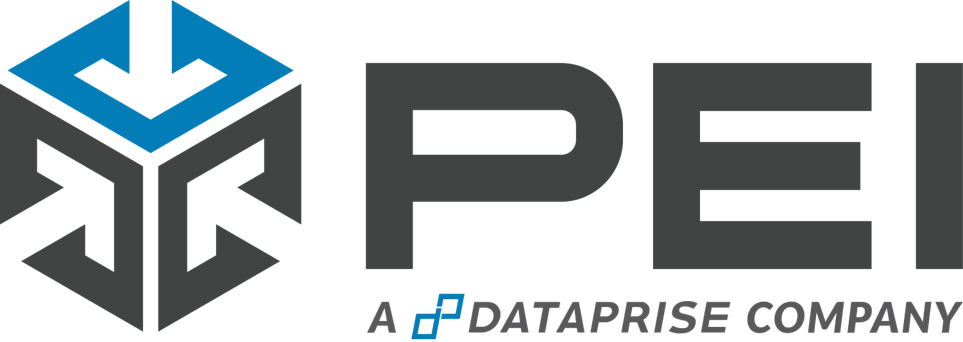Bow to the Book
So what does it mean for the 2 million new college graduates that will be entering the workforce, or at least attempting to, who lack years of experience? Someone, like me, who graduates with a business degree from a university, will have a textbook knowledge of how business should work. They may have a few internships under their belt and they probably studied too many case studies to count, but in general they will fall short when it comes to that “real world” experience that actually drives business today. How can they compete?
The good news for graduates is that they can bring fresh, new ideas to the table. Like infants, their minds are still being molded, they haven’t developed any habits yet and they have a relatively unbiased outlook. My first couple months working at PEI confirmed how important book smarts can be. I’ve found that I have been able to apply a lot of what I learned during my four year tenure at CU and I still reference some of my old textbooks. Furthermore, business practices are not static. There are some age old standards but the world is ever changing and students are learning different things than what was taught as little as 10 years ago. Businesses that have been around for a while tend to get stuck in their ways and it takes a fresh mind to bring them back to the basics and bow to the book.
All in all, the emphasis on the importance of getting a college education is growing. In order to compete in today’s job market, one needs it. But in the debate of book smarts vs. street smarts, I think it’s safe to say that both are assets. In business and in life, one needs a knowledge base that is both learned and acquired. It’s the ability to decide when to bow to the book, or when to burn the book, that truly determines your success.
Heidi Christensen, PEI




